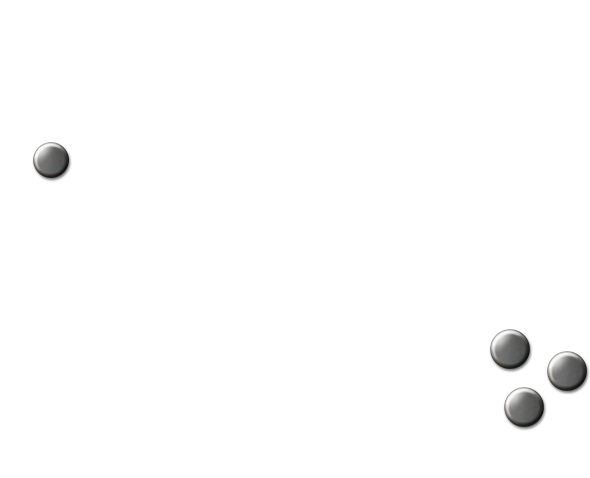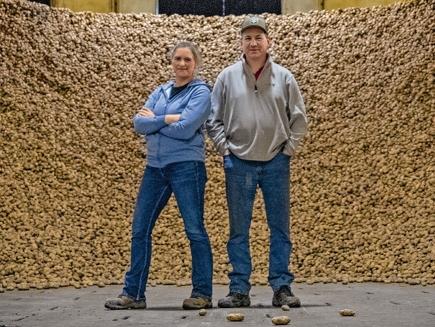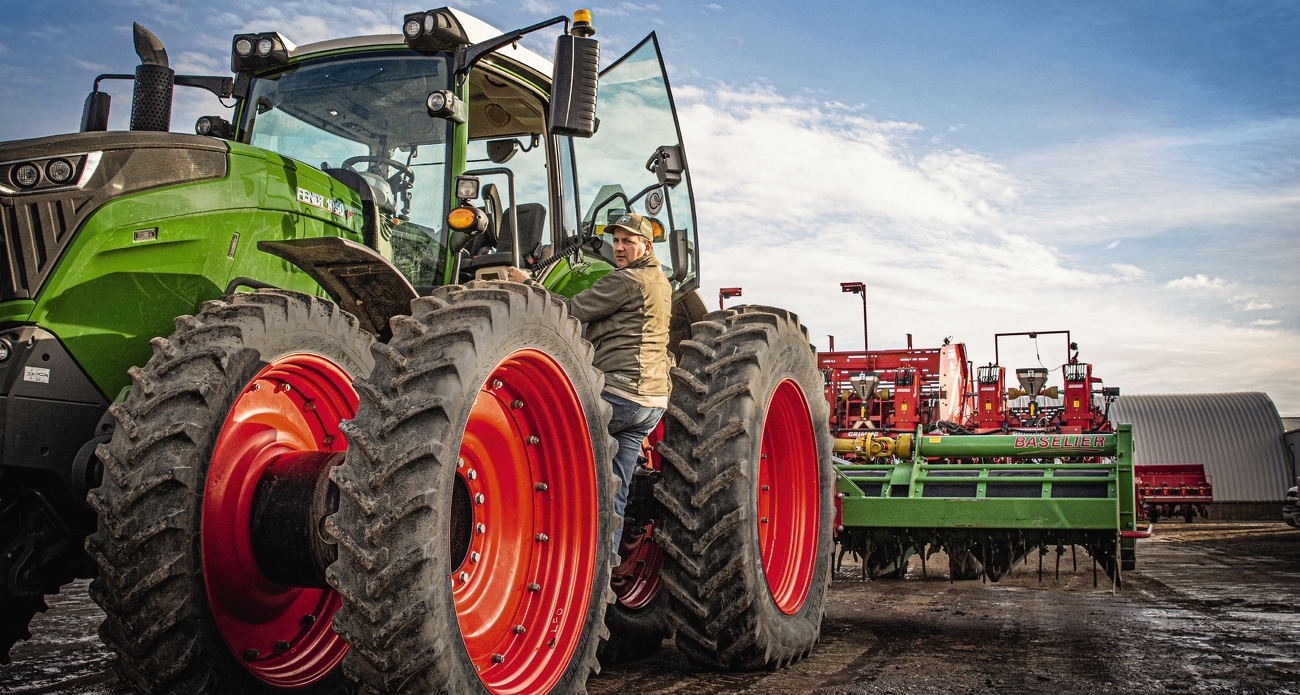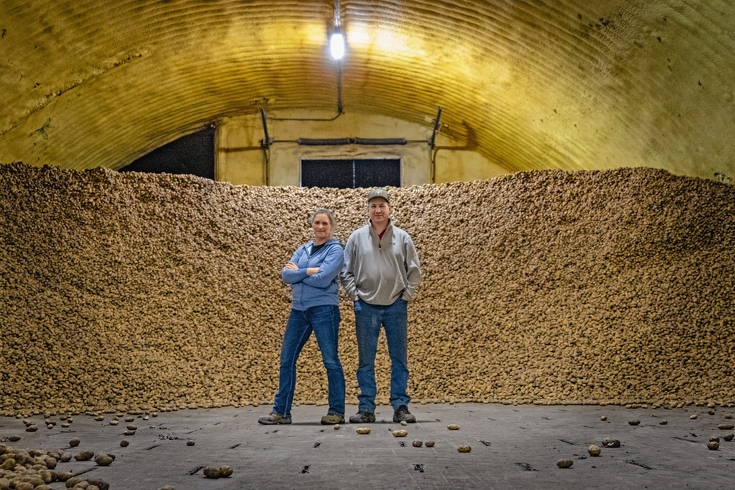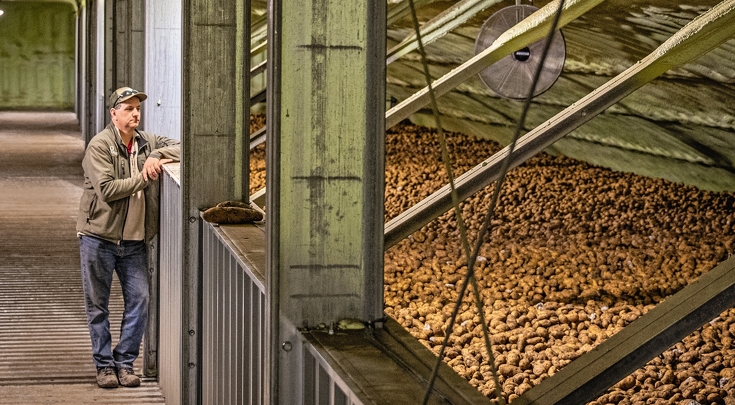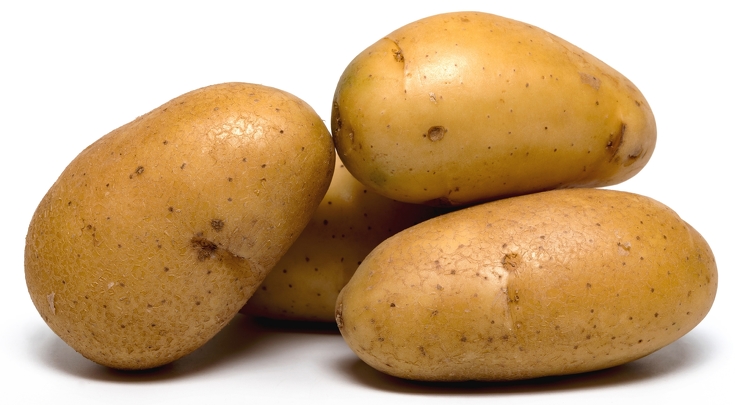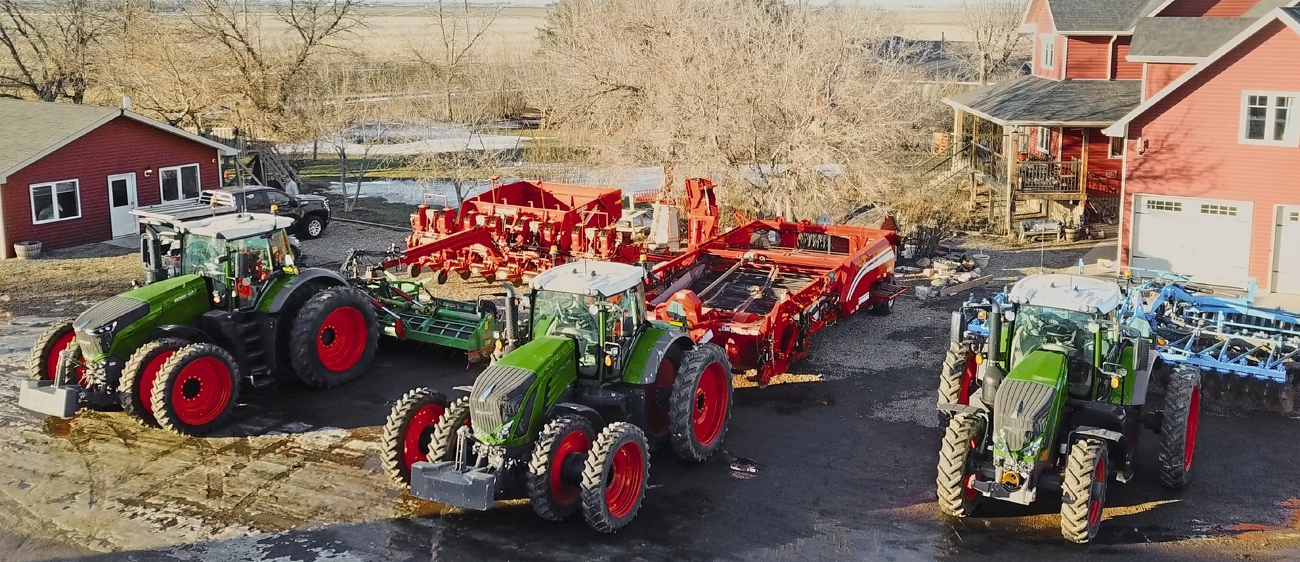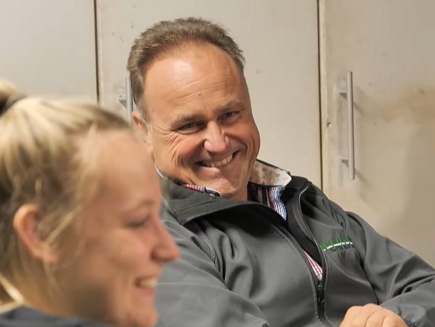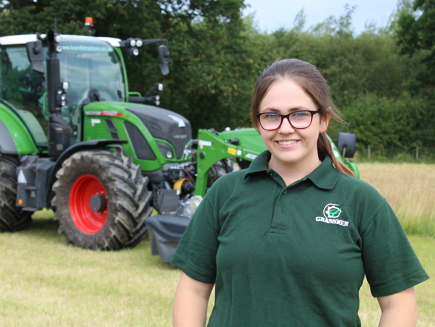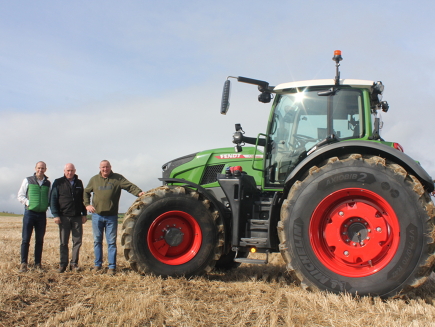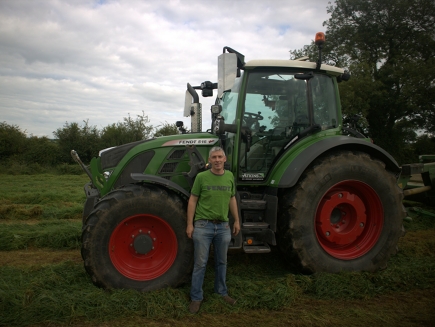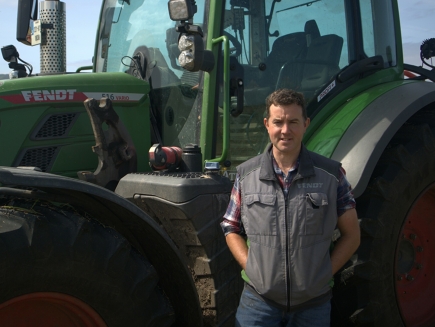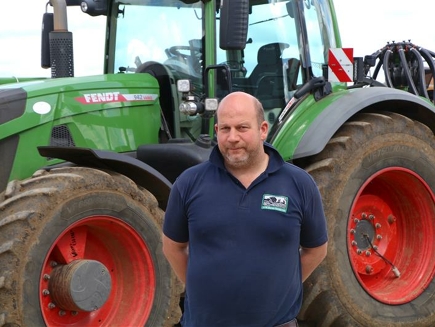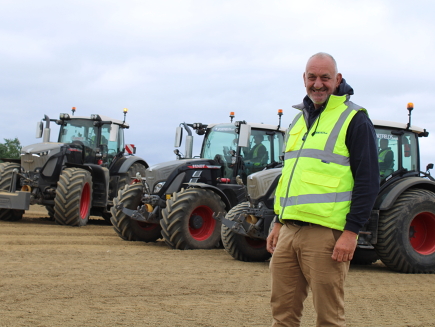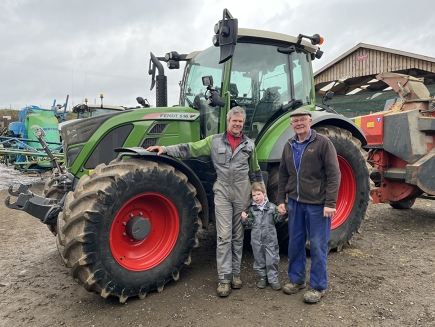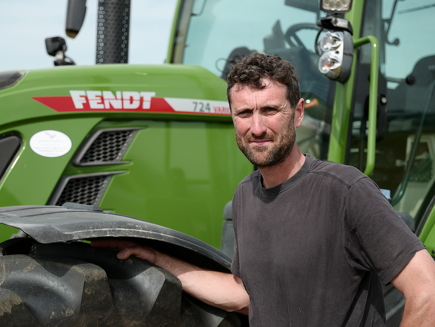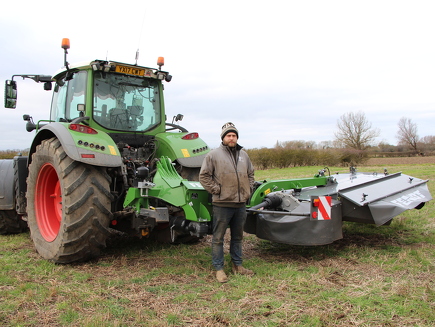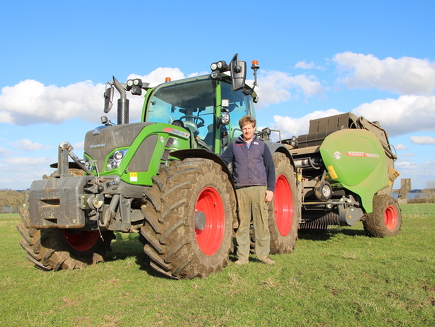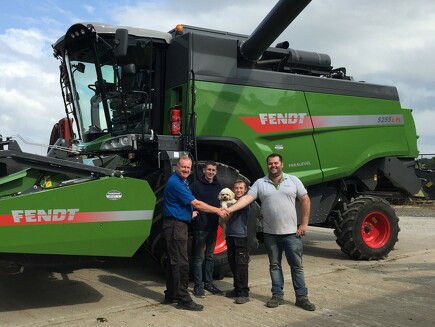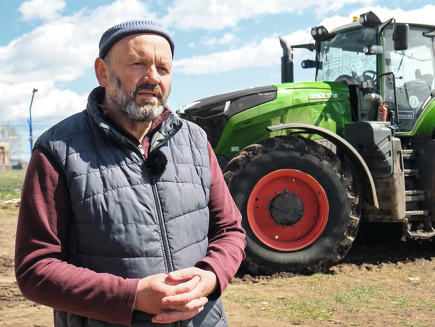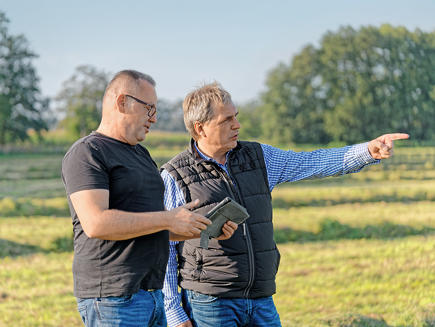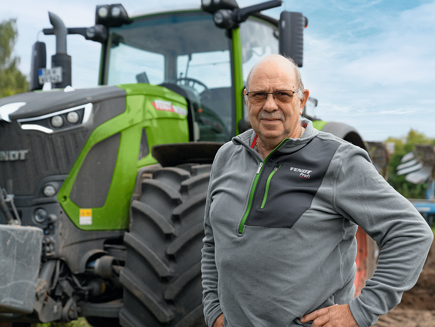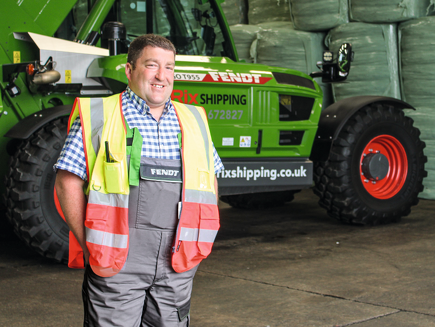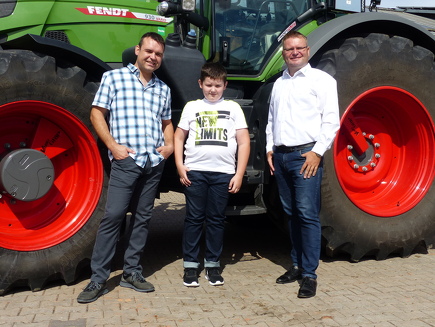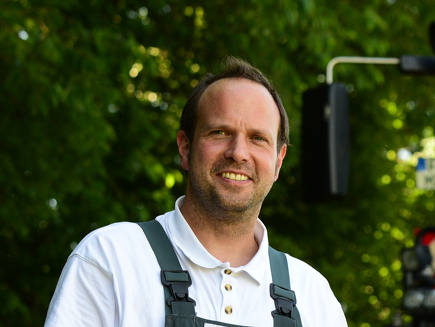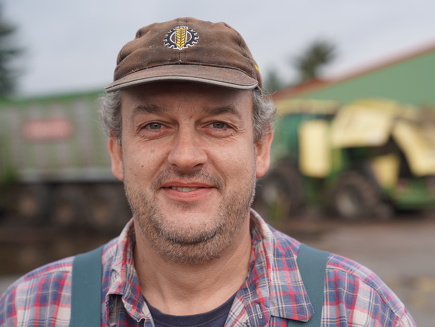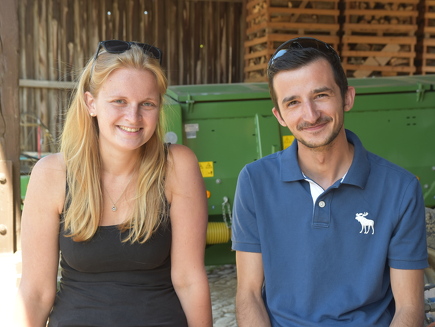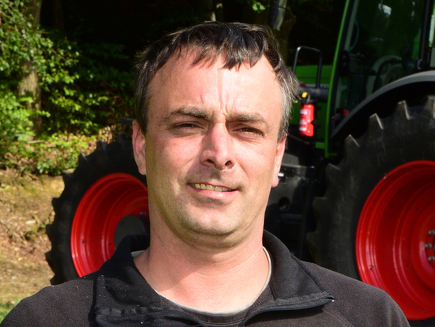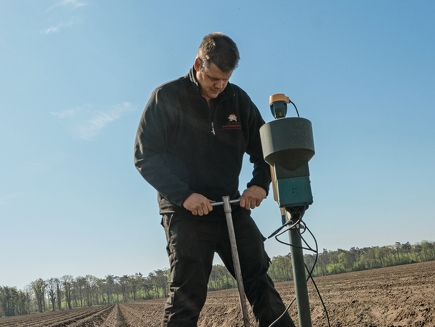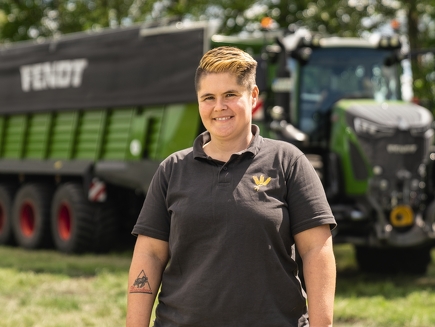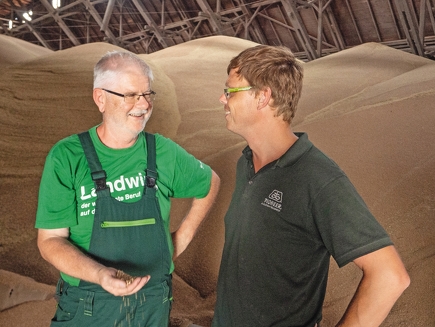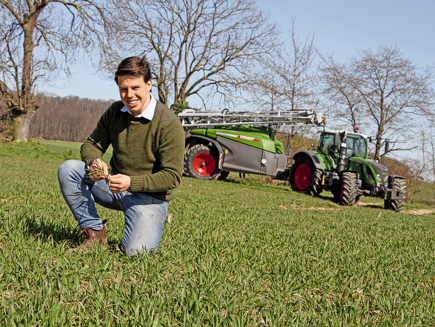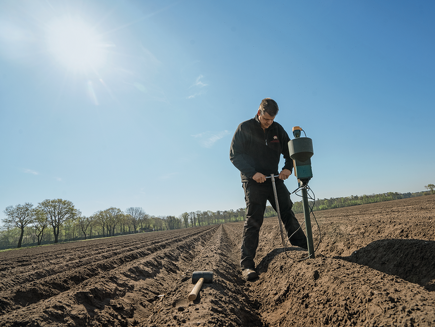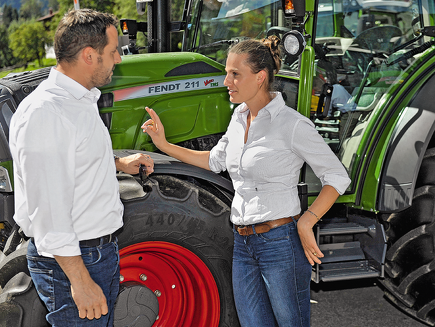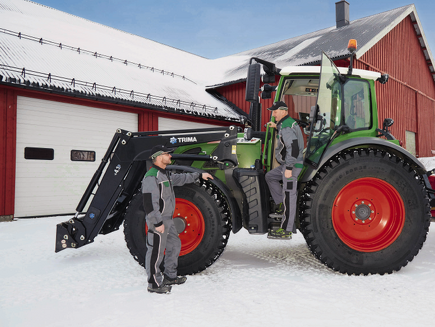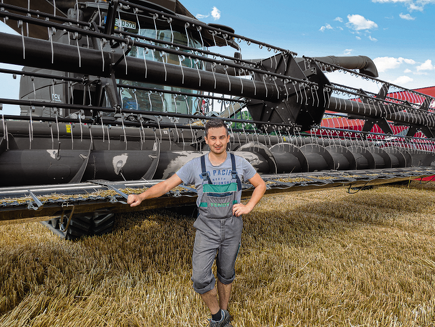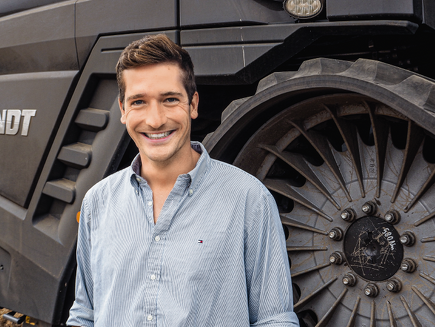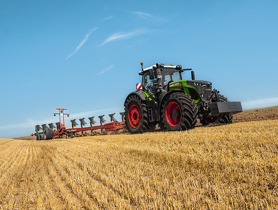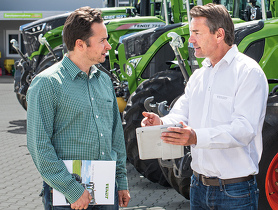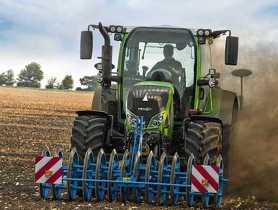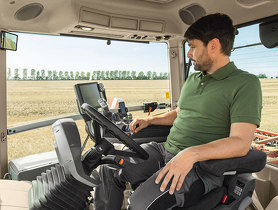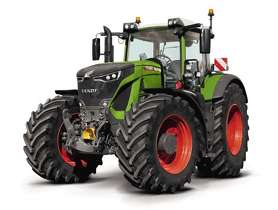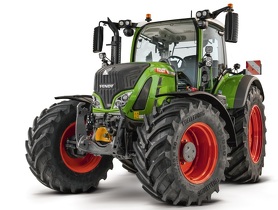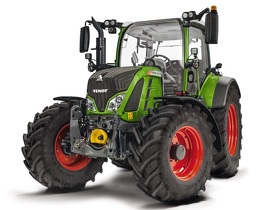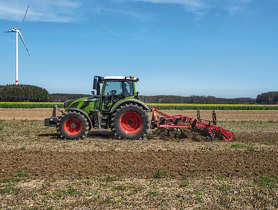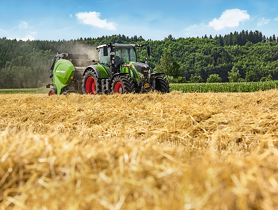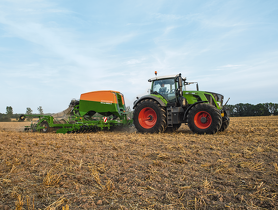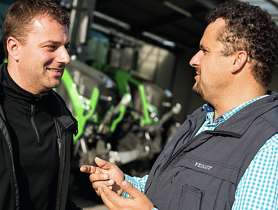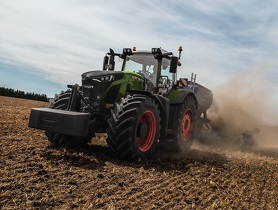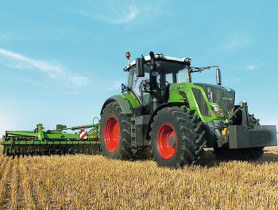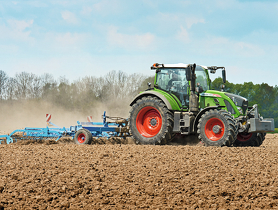Before storage, Michel, Hanne ke and their employees sort the potatoes by hand. Every day, at least six loads run over a conveyor belt. One load carries 30 tonnes of potatoes, i.e. a total of 180 tonnes per day. Sorting the potatoes takes time, but is necessary work as the sorting machines fail to recognise some foreign object in the load. Golf balls are particularly common in the fields near the city and they are not picked up, because they have the same density as potatoes. "There are a lot of bad golfers here in southern Alberta," jokes Michel Camps. Michel and Hanneke Camps met at a poultry farm in their home country, the Netherlands. "You get chased and scratched by chickens and are left tired and stinking afterwards. It's not very romantic," Michel Camps jokes about the conditions. "And anyway, Hanneke was much better at it than I was. That bothered me, but I knew she was a keeper." In their home country, the conditions for young farmers were not ideal, with land scarce and, above all, expensive. In 2002, the two ventured abroad. "All of a sudden we were in the potato business, and it turned out to be a complete success," says Michel. The soil in the Camps' fields consists of sand and clay – perfect for potatoes. And the economic conditions in southern Alberta are ideal for potato cultivation, because in the 1990s three large potato processing plants were built within a 160-km radius. They turn the potatoes into fries to ship from the Rocky Mountains all over the world.
